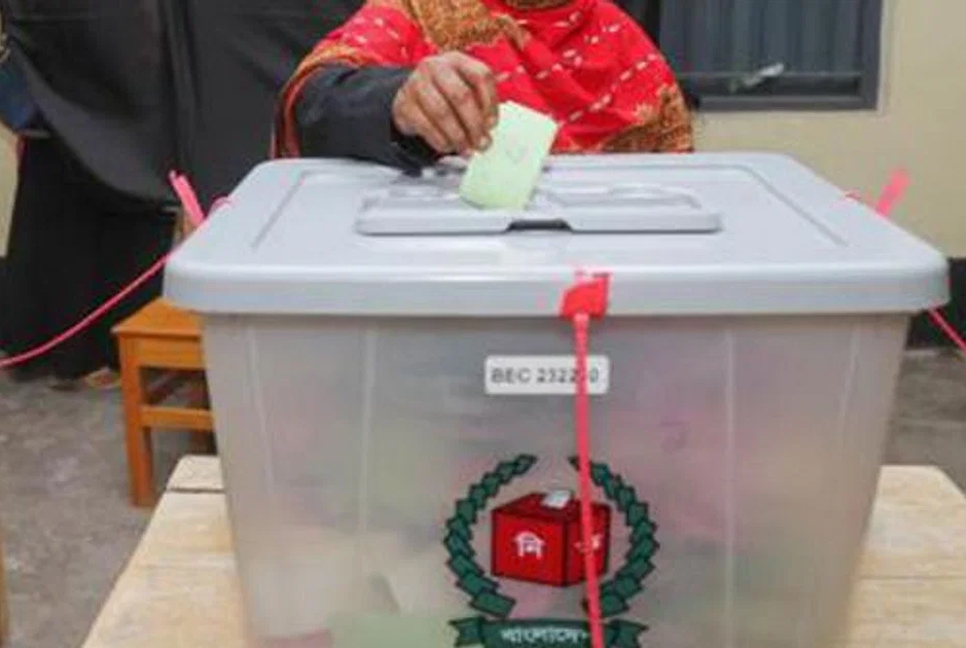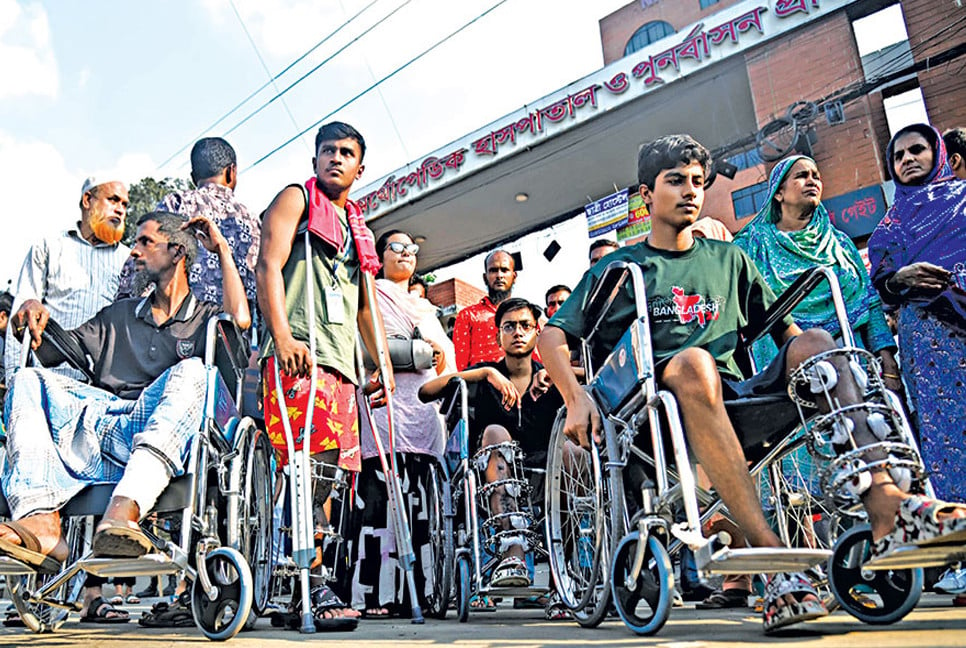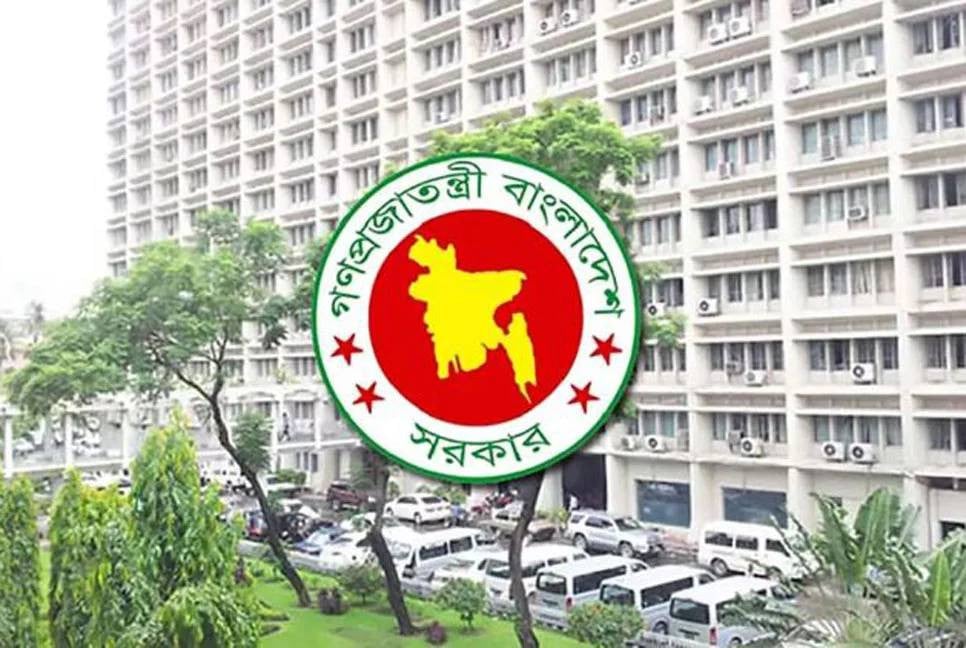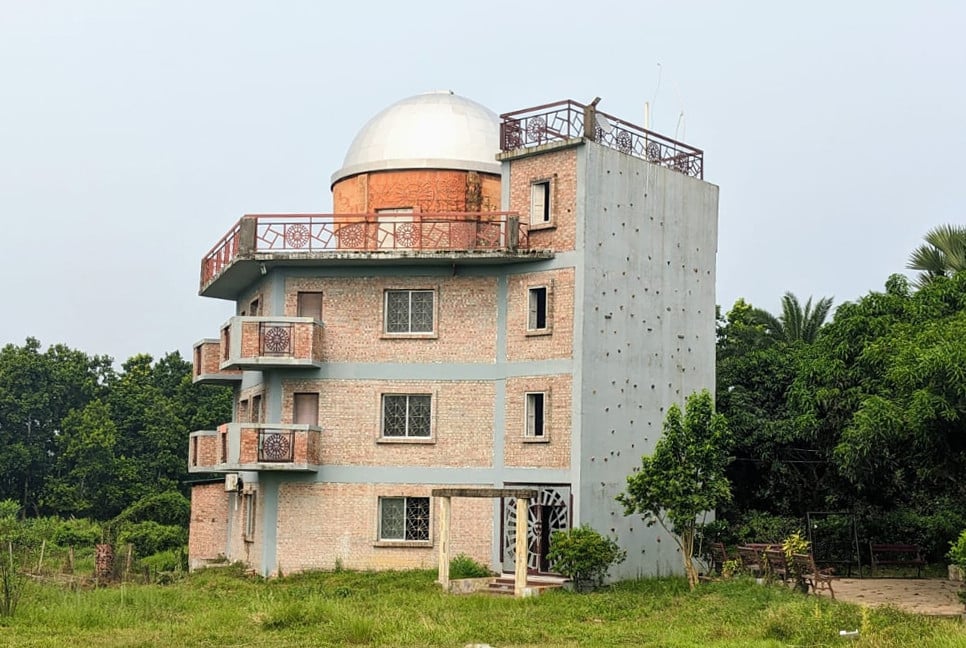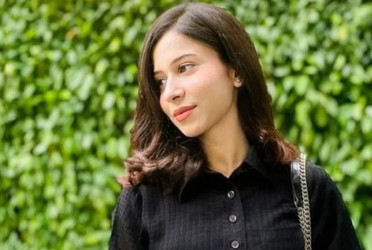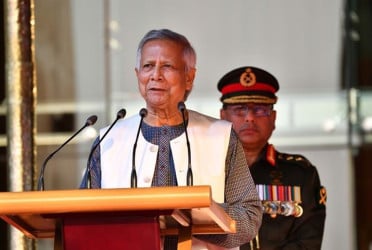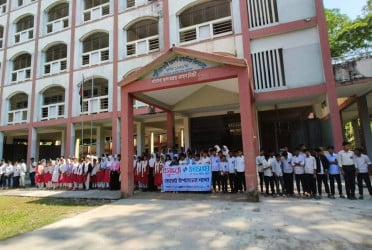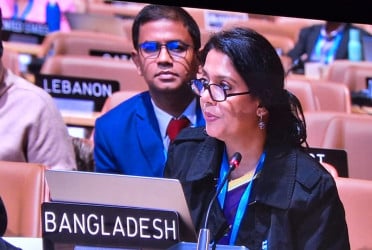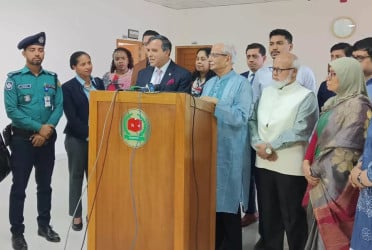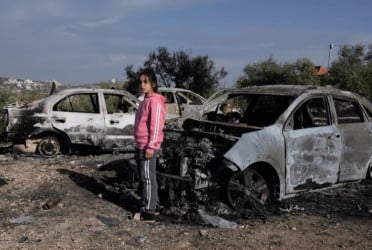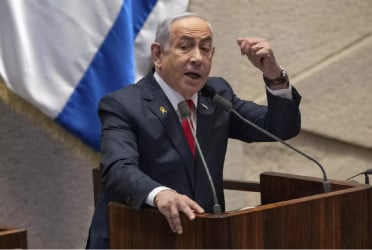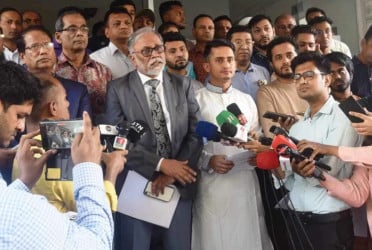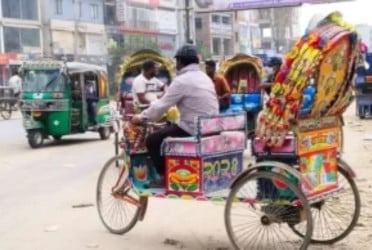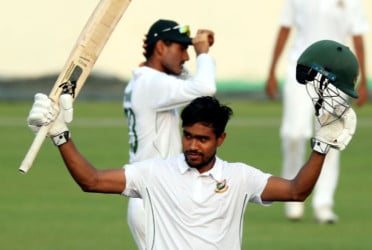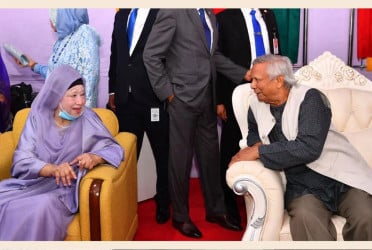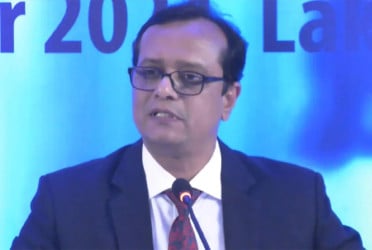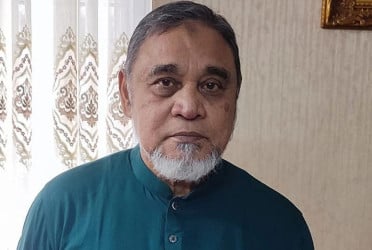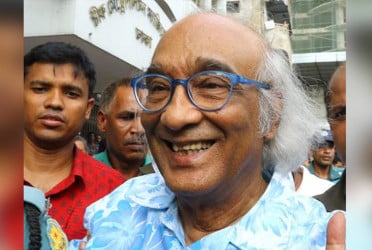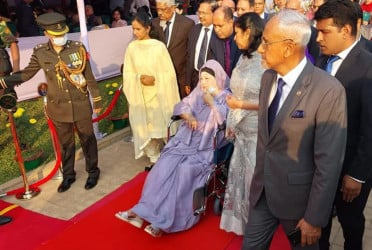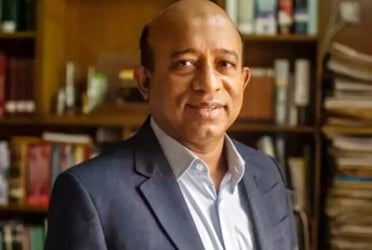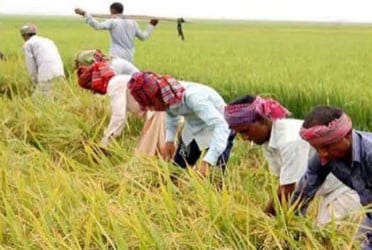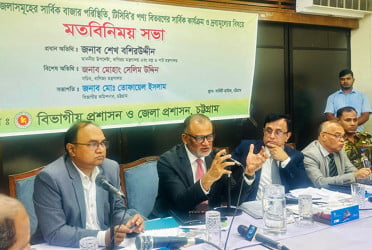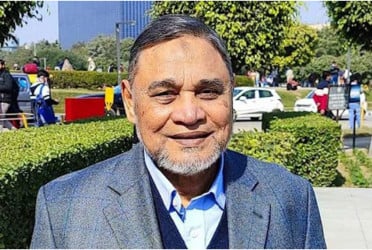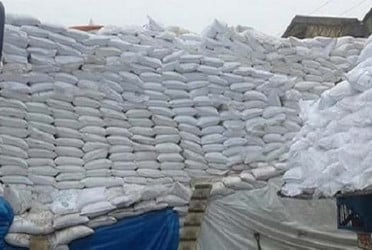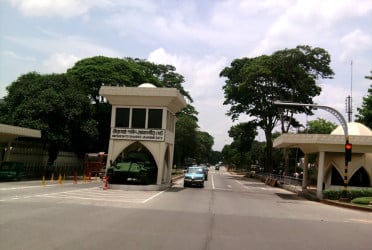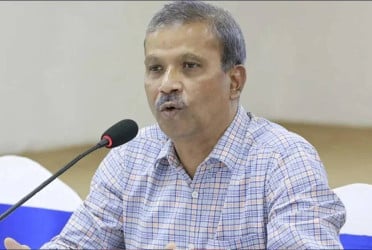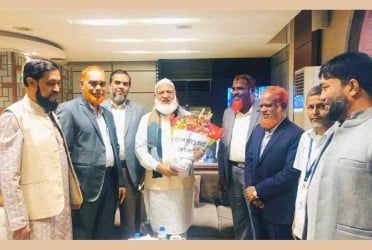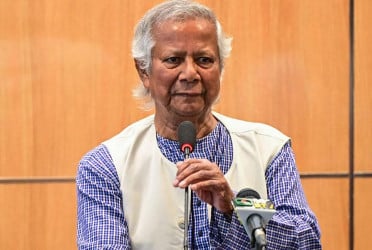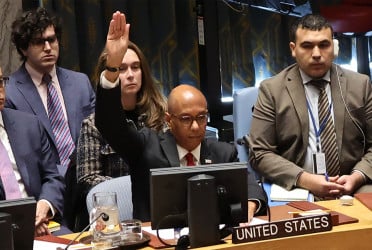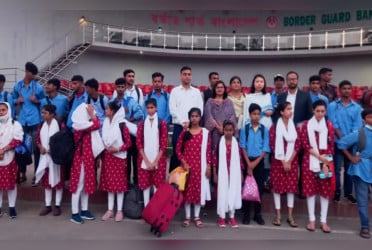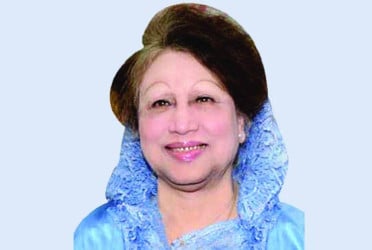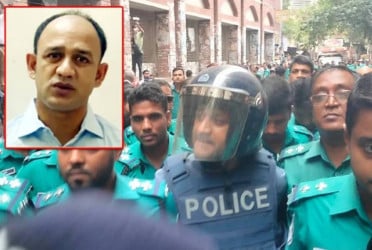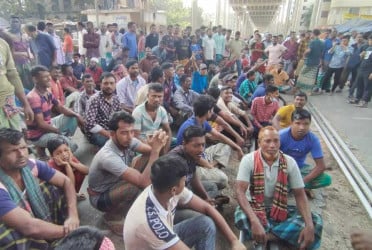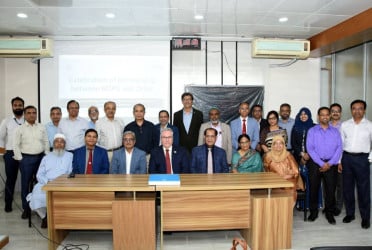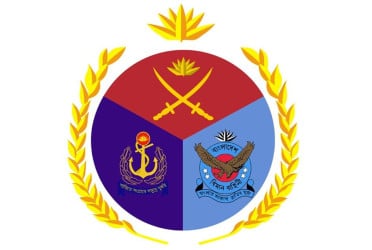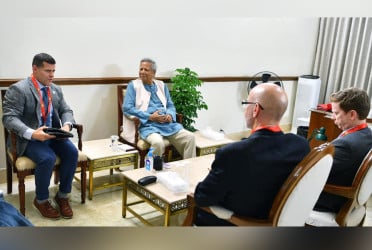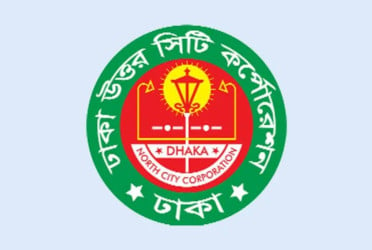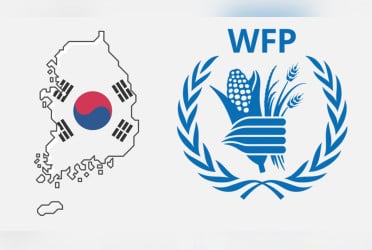The Election Commission (EC) has issued a policy for foreign election observers to bring necessary equipment or materials duty-free. If foreigners want to be election observers in Bangladesh, they must have experience in working with good governance, elections, democracy, peace, and human rights.
In the case of an international observer organization, the organization must be registered with the authorities of the respective country. According to the policy, if you act against the fair election, you will be expelled from the parliamentary seat, and at the same time, the observation permit may be canceled. The guidelines issued by the EC will also apply to foreign journalists covering election news.
On the other hand, foreign observers should go to the polling station and meet the presiding officer first; To follow the legal instructions of the presiding officer; No entry into the secret polling booth, no live broadcast from the polling station on any social media.
The policy specifies the qualifications, duties, visa process, etc. of foreign observers or foreign media personnel. The EC has brought several amendments to the policy ahead of the upcoming 12th National Parliament elections. For this, the EC officials drafted the policy in two rounds of meetings with the officials of the Ministry of Home Affairs, Ministry of External Affairs, Ministry of Information and Broadcasting, and the National Board of Revenue. The commission later approved the policy.
According to the policy, if a foreign citizen or organization wants to observe elections in Bangladesh, they must have experience in working with good governance, elections, democracy, peace-building, and human rights. In the case of an international observer organization, that organization must be registered with the authorities of the concerned country. Earlier the International Observers Policy did not specify any eligibility criteria for foreign observers.
The policy also states that foreign observers must comply with the election laws of Bangladesh. CV and valid passport copy along with proof of work experience should be submitted while applying for election observation.
Application for election monitoring should be made within 30 days of notification by the Election Commission. The application can be made through email or through the embassy of Bangladesh in the respective country. After receiving the application, the EC will select it and send it to the Ministry of Home Affairs for clearance. A copy will also be sent to the Ministry of External Affairs. The Ministry of Home Affairs will inform the Ministry of External Affairs about the clearance within seven days.
The EC will grant accreditation to the concerned person or organization for monitoring after obtaining clearance from the Ministry of Home Affairs. An accreditation card and car sticker will be given from the Election Commission Secretariat.
According to the policy, foreign observers can import or bring with them equipment and materials temporarily required for election observation. In this case, the National Board of Revenue will provide necessary assistance. Apply to the National Board of Revenue along with the necessary documents to get duty exemption in applicable cases. The policy outlines the responsibilities of international election observers.
It said that the observers have to submit the observation report within 30 days after the polling day. If any irregularity in the election is observed during the observation, it can be 'highlighted' in the report along with necessary recommendations.
The observers' reports must be completely impartial, objective, and of the highest standards of accuracy. May designate a representative from an international observer organization to be present during the counting of votes. No observer shall be involved in any illegal or corrupt practices in the electoral process.
Observers shall not act in any way that may appear to be acting on behalf of any party or candidate. Observers shall not directly or indirectly create any obstruction during or after the election process.
(The report was published in Bengali on print and online versions of The Bangladesh Pratidin on September 27 and rewritten in English by Tanvir Raihan)

